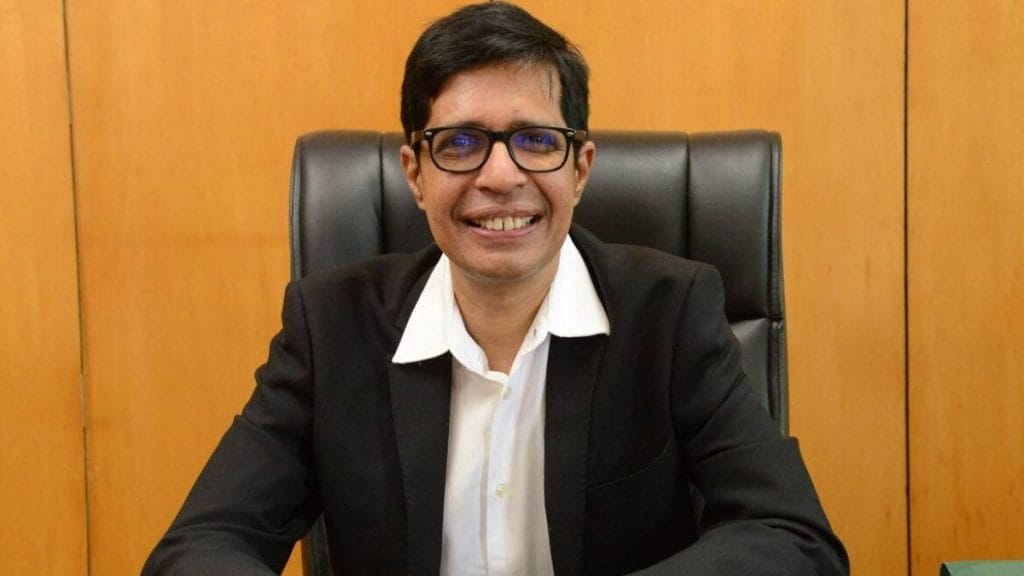New Delhi: The Indian Institute of Technology Madras (IIT Madras) will soon work on developing an alternative to ChatGPT, a language model developed by OpenAI. The new model would focus on regional languages instead of being available in English only, according to IIT Madras director V Kamakoti.
ChatGPT is a large language model that uses machine learning to generate human-like text in response to a given prompt. It is based on the GPT-3 architecture and is one of the most advanced language models currently available. However, it is limited to the English language, which means that it cannot be used effectively in regions where other languages are spoken.
To address this issue, IIT Madras is planning to develop a language model that can understand and generate text in regional languages. This would allow people who speak these languages to use the technology and benefit from its capabilities.
According to Kamakoti, the new language model would be based on the same principles as ChatGPT but would be tailored to the needs of users in India. It would also take into account the unique linguistic and cultural characteristics of different regions in the country.
Kamakoti said that the development of the new language model would require a significant investment in research and development. However, he believes that the project has the potential to make a significant impact on the lives of millions of people in India.
The IIT Madras project is part of a growing trend towards the development of language models that can understand and generate text in multiple languages. As the world becomes increasingly interconnected, the ability to communicate effectively across linguistic and cultural barriers is becoming more important than ever.
By focusing on regional languages, IIT Madras is taking an important step towards making this technology more accessible and useful for people around the world. With continued investment and research, it is likely that we will see many more language models developed in the coming years, each tailored to the needs of specific regions and communities.





